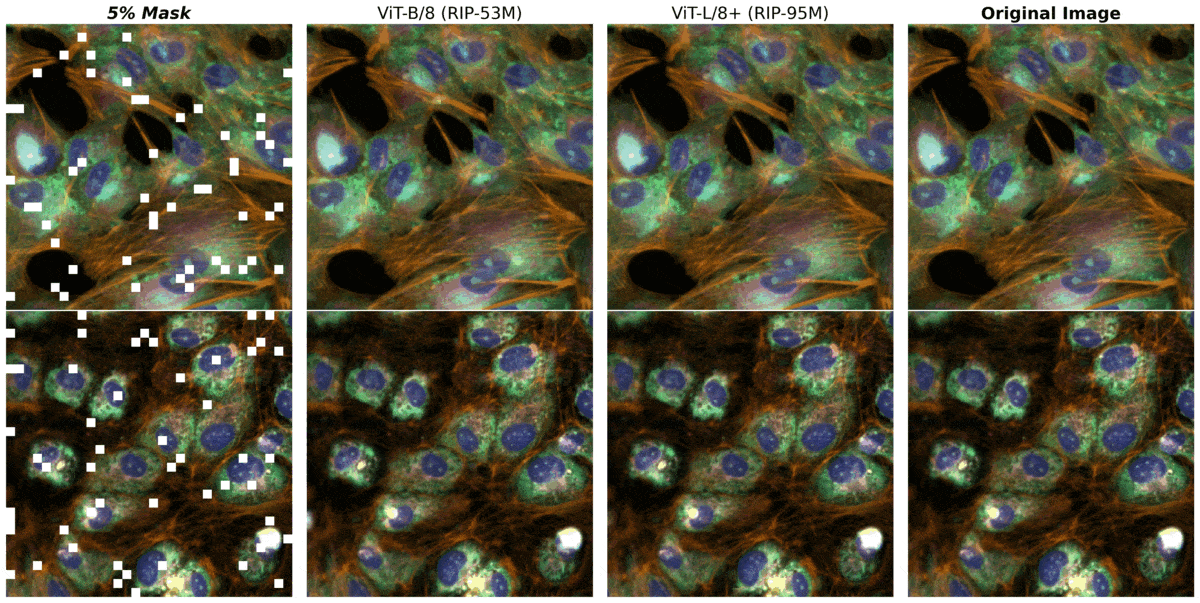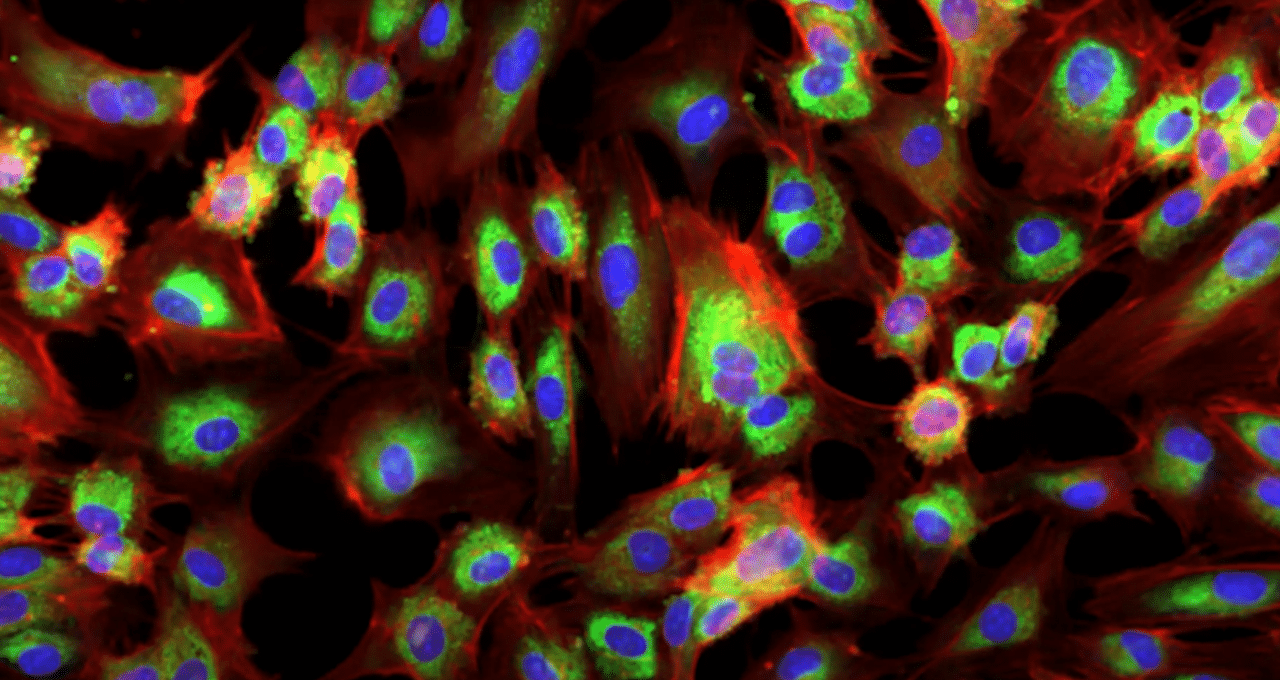In perhaps the healthcare industry’s most dramatic transformation since the advent of computing, digital biology and generative AI are helping to reinvent drug discovery, surgery, medical imaging and wearable devices.
NVIDIA has been preparing for this moment for over a decade, building deep domain expertise, creating the NVIDIA Clara healthcare-specific computing platform and expanding its work with a rich ecosystem of partners. Healthcare customers and partners already consume well over a billion dollars in NVIDIA GPU computing each year — directly and indirectly through cloud partners.
In the $250 billion field of drug discovery, these efforts are meeting an inflection point: R&D teams can now represent drugs inside a computer.
By harnessing emerging generative AI tools, drug discovery teams observe foundational building blocks of molecular sequence, structure, function and meaning — allowing them to generate or design novel molecules likely to possess desired properties. With these capabilities, researchers can curate a more precise field of drug candidates to investigate, reducing the need for expensive, time-consuming physical experiments.
Accelerating this shift is NVIDIA BioNeMo, a generative AI platform that provides services to develop, customize and deploy foundation models for drug discovery.
Used by pharmaceutical, techbio and software companies, BioNeMo offers a new class of computational methods for drug research and development, enabling scientists to integrate generative AI to reduce experiments and, in some cases, replace them altogether.
In addition to developing, optimizing and hosting AI models through BioNeMo, NVIDIA has boosted the computer-aided drug discovery ecosystem with investments in innovative techbio companies — such as biopharmaceutical company Recursion, which is offering one of its foundation models for BioNeMo users, and biotech company Terray Therapeutics, which is using BioNeMo for AI model development.
BioNeMo Brings Precision to AI-Accelerated Drug Discovery
BioNeMo features a growing collection of pretrained biomolecular AI models for protein structure prediction, protein sequence generation, molecular optimization, generative chemistry, docking prediction and more. It also enables computer-aided drug discovery companies to make their models available to a broad audience through easy-to-access APIs for inference and customization.
Drug discovery teams use BioNeMo to invent or customize generative AI models with proprietary data — and drug discovery software companies, techbios and large pharmas are integrating BioNeMo cloud APIs, which will be released in beta this month, into platforms that deliver computer-aided drug discovery workflows.
The cloud APIs will now include foundation models from three sources: models invented by NVIDIA, such as the MolMIM generative chemistry model for small molecule generation; open-source models pioneered by global research teams, curated and optimized by NVIDIA, such as the OpenFold protein prediction AI; and proprietary models developed by NVIDIA partners, such as Recursion’s Phenom-Beta for embedding cellular microscopy images.
MolMIM generates small molecules while giving users finer control over the AI generation process — identifying new molecules that possess desired properties and follow constraints specified by users. For example, researchers could direct the model to generate molecules that have similar structures and properties to a given reference molecule.
Phenomenal AI for Pharma: Recursion Brings Phenom-Beta Model to BioNeMo
Recursion is the first hosting partner offering an AI model through BioNeMo cloud APIs: Phenom-Beta, a vision transformer model that extracts biologically meaningful features from cellular microscopy images.
This capability can provide researchers with insights about cell function and help them learn how cells respond to drug candidates or genetic engineering.

Phenom-Beta was trained on Recursion’s publicly available RxRx3 dataset of biological images using the company’s BioHive-1 supercomputer, based on the NVIDIA DGX SuperPOD reference architecture.
To further its foundation model development, Recursion is expanding its supercomputer with more than 500 NVIDIA H100 Tensor Core GPUs. This will boost its computational capacity by 4x to create what’s expected to be the most powerful supercomputer owned and operated by any biopharma company.
How Companies Are Adopting NVIDIA BioNeMo
A growing group of scientists, biotech and pharma companies, and AI software vendors are using NVIDIA BioNeMo to support biology, chemistry and genomics research.
Biotech leader Terray Therapeutics is integrating BioNeMo cloud APIs into its development of a generalized, multi-target structural binding model. The company also uses NVIDIA DGX Cloud to train chemistry foundation models to power generative AI for small molecule design.
Protein engineering and molecular design companies Innophore and Insilico Medicine are bringing BioNeMo into their computational drug discovery applications. Innophore is integrating BioNeMo cloud APIs into its Catalophore platform for protein design and drug discovery. And Insilico, a premier member of the NVIDIA Inception program for startups, has adopted BioNeMo in its generative AI pipeline for early drug discovery.
Biotech software company OneAngstrom and systems integrator Deloitte are using BioNeMo cloud APIs to build AI solutions for their clients.
OneAngstrom is integrating BioNeMo cloud APIs into its SAMSON platform for molecular design used by academics, biotechs and pharmas. Deloitte is transforming scientific research by integrating BioNeMo on NVIDIA DGX Cloud with the Quartz Atlas AI platform. This combination enables biopharma researchers with unparalleled data connectivity and cutting-edge generative AI, propelling them into a new era of accelerated drug discovery.
Learn more about NVIDIA BioNeMo and subscribe to NVIDIA healthcare news.
